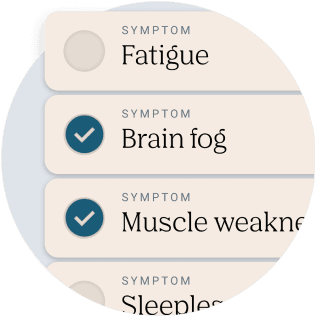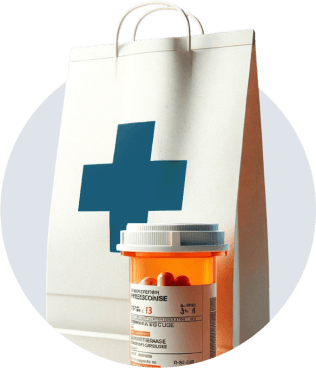
Reduce Heart Rate and Stop Palpitations
Experience relief from chest discomfort and improved energy levels.
Only pay if your prescription is approved
How does it work?
Access to medications as easy as 1-2-3




Pay zero fees if you're not approved.


Affordable Access to Ivabradine
Key Benefits
Is Ivabradine right for me?
Ivabradine is particularly effective for:
- Tachycardia (fast heart rate)
- Palpitations
- Fatigue
- Exercise intolerance
- Chest discomfort
- Brain fog
Patients with Long COVID, ME/CFS, or POTS experiencing these symptoms may benefit from ivabradine.
What Does the Science Say?
What People Are Saying About Ivabradine
Safety Is Our Top Priority
llene S. Ruhoy
MD, PhD, Neurologist
Sarah Almilli
PharmD, APh., IA, Clinical Pharmacist
Stuart Malcolm
MD, Internist
Jennifer Curtin
MD, Internist
Safety Is Our Top Priority
1. All treatments, including pyridostigmine, are carefully reviewed by RTHM clinicians and pharmacists.
2. We use dosing protocols designed to minimize side effects and ensure safe use.
3. Comprehensive treatment guides are vetted by our expert clinical team.
As you navigate your health journey, we're here to provide safe and effective care.
llene S. Ruhoy
MD, PhD, Neurologist
Sarah Almilli
PharmD, APh., IA, Clinical Pharmacist
Stuart Malcolm
MD, Internist
Jennifer Curtin
MD, Internist